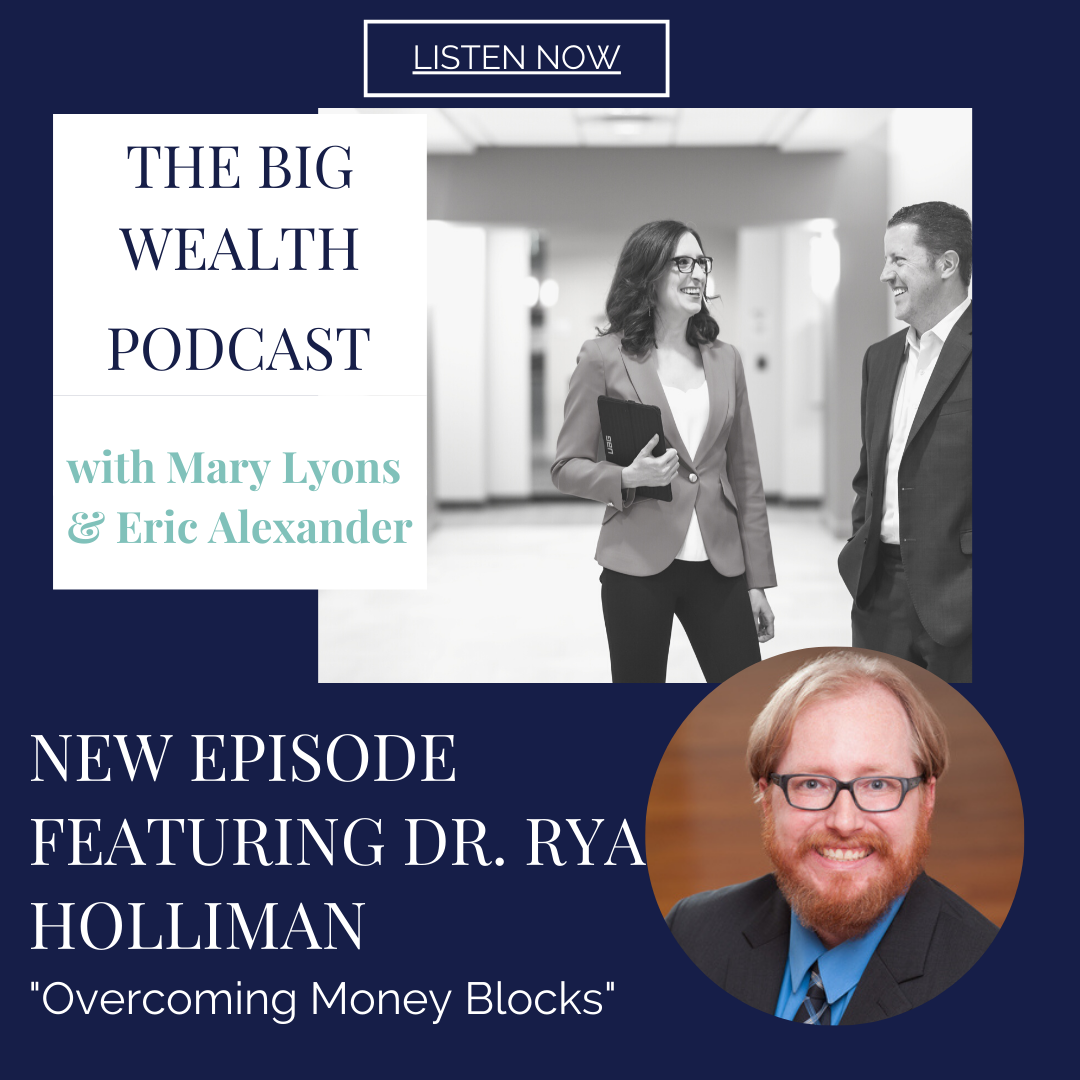Everybody wants a wealth hack. A silver bullet. A magic tip that will short cut the path to riches.
Recently I had a friend tell me they were getting a six-figure bonus. They asked me what to do with it. I told them “It depends”. They kept pressing me for a quick investment tip or some magic bucket they could put their money into.
Finally, I had to explain.
Yes, sometimes you can pick a good stock and reap the rewards of growth. But there is risk in that, and with risk comes the possibility of failure. And that’s ok but it is impossible for me to give advice in a vacuum.
The reality is that you have to focus on your end goal first, then figure out the steps to get there.
Here is the best analogy I can think of.
If you were learning to play golf, you could buy the best golf clubs on the market. You might get lucky with a good shot a few times, but overall, you would have a very inefficient game. Your score would be atrocious. And while your shiny new clubs might impress your friends in conversation, your golf game won’t impress them at all.
However, if you spend time taking lessons: understanding which club to play and when to play it, learning the mechanics of the swing, acquiring the right clubs for your build, your game will get better, and with time and practice it could become incredibly impressive.
In the world of financial services, most advisors I talk to are club salesman. They sell you insurance or investments and never put together an effective strategy. You expect to go in and get a comprehensive portfolio review – and so you get that: an analysis of your investments and a reallocation of funds. Same golf club, different brand. Advisors talk about diversification but want you to put all of your money into the stock market. Essentially a bag full of the same golf club.
And you can get down the course that way. But man, it’s hard to putt with a driver. And you don’t want to wait till you are on the green to buy a putter. You want it in the bag when you drive your cart up to the first tee. You want to be prepared for every shot you could have to make. You don’t want to assume that every shot you take will land you perfectly in the middle of the fairway. Even the pros can’t do that. And they spend all day every day working on those skills.
If you were going to the golf course and you rolled up to the first tee with a bag full of drivers, everyone around you would call you out and laugh. And yet, that is what most of us are doing when it comes to building wealth. We are hoping to find the power clubs that launch us into high net worth, with no thought to how we will finesse this money into income or eventually into legacy. We spend so much time thinking about how we are going to earn our money, and then we toss it into investments hoping to build sustainable wealth and ongoing lifestyle income that isn’t dependent on us continuing to earn. But are we doing that? Or are we just doing what our neighbors and friends are doing? Most of America isn’t wealthy. That means crowdsourcing our financial information isn’t a good idea.
What we really need is a full bag of clubs. We need to spend time understanding that our ultimate goal should be assets that produce maximum income safely. Why? Because right now we are working, and eventually our dollars should be the ones doing the work. We should build our strategy so that we have the freedom to spend our time doing whatever we want to do. We can only do that if we are prepared.
That’s what having money is about. If you want a giant net worth so you can brag to your friends, that is a very different goal than building wealth that creates sustainable income at high rates through any economic environment. And you can’t get that without strategy and a wide array of tools.
You need to put a putter into your bag at the same time you are acquiring that driver, and those wedges, and even the balls you will be hitting. That means you need market-based investments in a myriad of styles, insurance, real estate, and other cash flow producing assets.
There is no one size fits all recommendation. Your plan needs to be tailored to your swing. There are some fundamental truths. Foundation first. A plan built to work under all scenarios – even the ones we hope never happen. Income efficiency first and foremost. Liquidity and access to cash without interrupting the compound growth. Legacy. (Because if you, do it right, you can spend more AND leave more behind.)
But there is one truth. You have to be very clear on your end goal. And your advisor should help you build a plan that ties in long term goals with short term goals. All money decision should be made in the context of your long-term desired outcomes. If I am thinking only about the next five years, I make different decisions that if I am thinking about the next fifty years.
Strategy first. Then product. Tiger Woods could beat me with kid’s clubs, from 50 years ago even if I was playing top of the line modern clubs. Give him the right clubs and he crushes it.
You can too if you learn how to efficiently build recurring lifestyle income with a strategy that emphasizes certainty and repeatability. And once you understand the process, it’s much easier to make good decisions about your money.
If you understand the strategy, you can acquire the tools you need. If you understand the strategy, you can measure the outcome with certainty that you are making great money decisions, rather than trusting and hoping it works out the way you want it to.
Registered Representative and Investment Advisor Representative of and securities offered through OneAmerica Securities, Inc., a Registered Investment Advisor, Member FINRA, SIPC. Benchmark Income Group is not an affiliate of OneAmerica Securities and is not a broker dealer or Registered Investment Advisor. Provided content is for overview and informational purposes only and is not intended and should not be relied upon as individualized tax, legal, fiduciary, or investment advice. Investing involves risk which includes potential loss of principal. The use of asset allocation or diversification does not assure a profit or guarantee against a loss.





